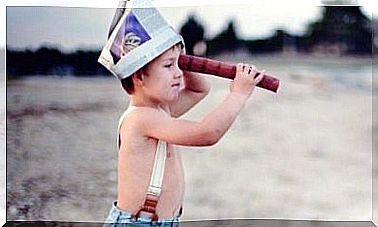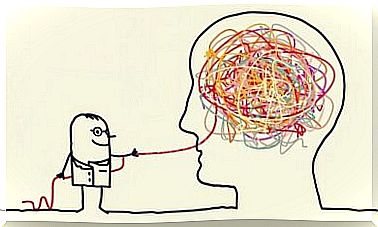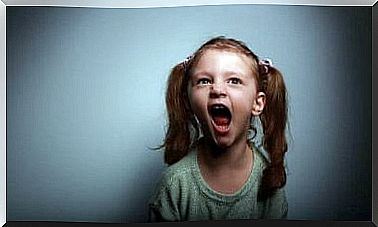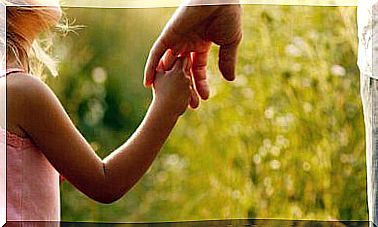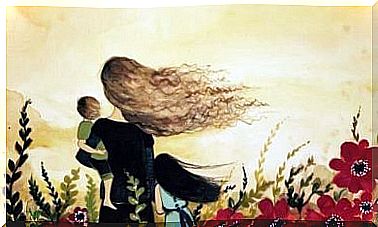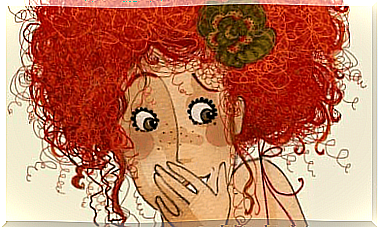Give Your Child A Peaceful Childhood From Pregnancy
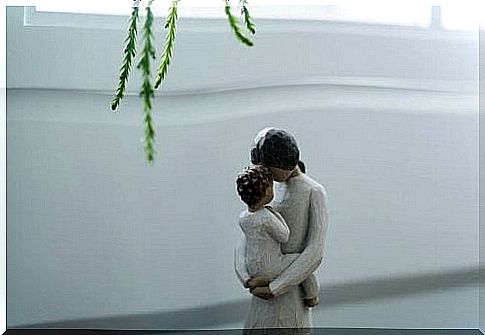
Stress affects everyone regardless of age. Children also feel stressed, even before they are born. Adults often have a hard time noticing the factors that trigger stress in children. However, it can be very challenging for the kids. That is why it is so important that you do everything possible to promote peaceful childhood and an anxiety-free adulthood.
In their young lives, children have to deal with many stress factors. They leave their parents to go to school. At school, a teacher calls them on the mat. During game hour they fight with friends. They are punished for not eating their evening meal.
They learn to sleep alone… These are the daily problems that children with their limited possibilities and resources have to solve. Children don’t have the maturity to deal with this kind of stress on their own.
How do you give your child a peaceful childhood from pregnancy?
A pregnancy without stress
Michel Odent is a well-known French obstetrician. He has devoted his life to studying how pregnancy and birth affect children’s emotional development. dr. Odent believes that the emotional state of the pregnant mother plays a crucial role in development.
In fact, he says it has a stronger long-term impact than the child’s emotional state during his first year of life. The theory of Dr. Odent shows us that every external factor that stresses the mother also affects the unborn baby.
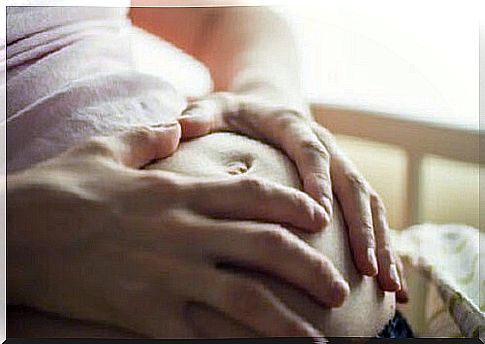
During pregnancy, a woman may feel nervous, worried or uncomfortable. She often has to undergo tests. However, none of these tests should be harmful to the baby in her tummy.
If the stress continues for a long period of time, it can cause physical and mental damage to the mother and the baby.
Be careful with teratogens
Before birth, the environment of the uterus is much more constant than the outside world. Still, there are environmental factors that can affect the embryo and disrupt a peaceful pregnancy. We call these factors teratogens.
Children exposed directly or indirectly to these active elements may suffer from structural or functional abnormalities. This can happen during pregnancy as well as after they are born.
The consequences of exposure to teratogens can be very serious. Teratogens can cause low birth weight, premature birth, birth defects and even death. Parents and society in general have a lot of work to do to create a safe environment for the development of the fetus.
Some teratogens are psychoactive substances. The best-known effect of nicotine use during pregnancy is actually low birth weight. However, nicotine can also cause miscarriage.
Radiation, environmental pollution, and bacterial and parasitic diseases such as toxoplasmosis, chickenpox, and mumps (or salivary gland infection) can also be dangerous.
The right food for the mother
It is essential for the proper development of the baby that the mother eats a balanced diet before and during pregnancy. It aids in healthy development in the womb and prepares the child for birth.
The mother’s nutritional state before pregnancy affects the baby’s weight more than the number of pounds she gains during pregnancy.
If the pregnant woman has nutritional deficiencies, it is difficult to have a peaceful pregnancy without stress. These are some of the effects of poor nutrition on the baby: a weakened immune system and incomplete nervous system development.
A natural and peaceful birth
For a baby, birth is an extremely stressful and “traumatic” moment (Otto Rank, 1923). The baby has to make the transition from the protection and dependence in the womb to the outside world. There he has to breathe on his own.
The baby also needs to adjust to a lower temperature and to the changes in light and sound. Suddenly he should be somewhat autonomous.
Scientific research shows that a natural birth is healthier for the mother and the baby. After all, with a natural birth it is not necessary to use artificial hormones.
For example, the use of oxytocin (Pitocin) can lead to various difficulties during labour. Even if there are no interventions, the baby will still feel the impact of its new environment.
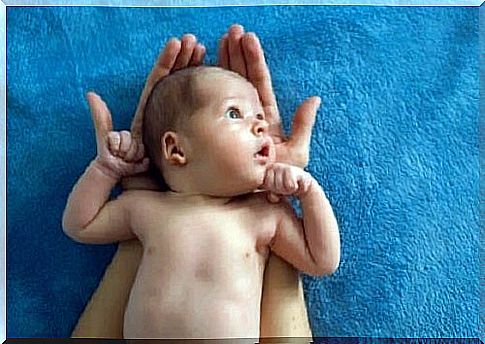
Giving a child a peaceful childhood means creating favorable conditions for their development. After birth, it is important that the newborn’s internal regulatory system adapts to the new environment.
Skin to skin during the first hour after birth
What a wonderful moment is that magical moment when the newborn baby first comes into contact with the mother’s bosom. Research shows that early physical contact between the mother and baby improves milk secretion and calms the baby.
So it is a good start to a peaceful childhood. Skin-to-skin contact makes the first hours after birth less stressful for the baby.
This is also a moment of ecological transition (Bronfenbrenner, 1979, by this term refers to situations in which a person’s position and role are changed). After birth, the physical connection between the mother and the baby that existed during the pregnancy is replaced by a psychological connection.
The next nine months
After birth comes the period in which the baby resides in the psychosocial womb. It is the first months of the baby’s life. During this phase, there is still a “gestation” of the baby, but then outside the womb. The mother becomes the baby’s physiological and emotional regulator.
That is why it is important that the mother pays attention to the emotions she conveys to the baby. If the mother is stressed, the baby may also have the same toxic reaction. This also means that a peaceful childhood becomes less possible that way.
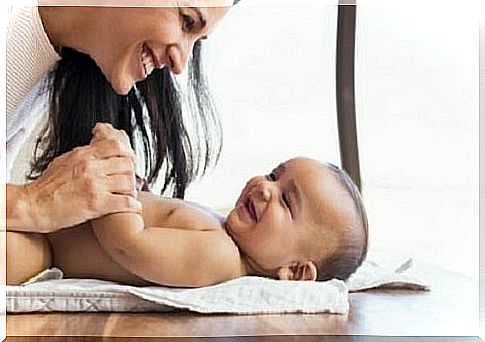
An adult support network
As the child grows, so do his relationships and the intimate circle of friends. The child therefore needs a group of adults who form a network of protection and support and who ensure a peaceful childhood with no or less stress.
That does not mean that the adults overprotect the child. It just means that that way the child has a source of support to turn to and ask for help in difficult situations.
Rather than being hypersensitive to stress, his peaceful childhood will allow him to develop resistance and gain the ability to overcome adversity.
If for some reason the child has a stress response, his primary attachment figure will act as a shock absorber. This means that if a child does not have this form of support network, they will suffer more from stressful situations.
Children need an adult who will give them love, care and protection. Only this barrier to stress will ensure a happy childhood and a peaceful childhood.
